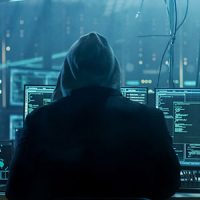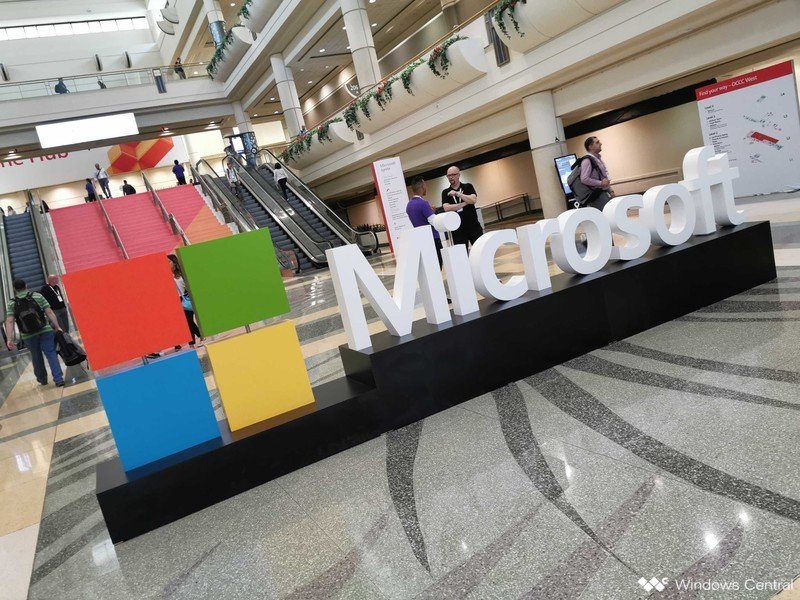Post-Graff Hacking, Ransomware Group Says It Won’t Leak Dictator Data – JCK

The hacking of Graff Diamonds’ client list by notorious Russian ransomware crew Conti spurred worldwide headlines—given that Graff’s client list includes many prominent celebrities.
The group last week reportedly posted 69,000 confidential documents featuring details about Graff customers on the so-called dark web—which featured personal info about famed Graff clients such as former President Donald Trump, Oprah Winfrey, and soccer star David Beckham.
The Jewelers’ Security Alliance gave tips on how to avoid cybercrime here, here, and here.
A Graff spokesperson tells JCK: “We are working with law enforcement while keeping affected clients informed of developments. At Graff, our clients are our priority. We take the protection of their privacy and data extremely seriously and continually revisit our security enhancement measures.”
But this week, in a strange development, certain celebrated Graff clients have been given a pass, perhaps because they are too ruthless for even cyber crooks to mess with.
“Conti guarantees that any information pertaining to members of Saudi Arabia, [United Arab Emirates], and Qatar families will be deleted without any exposure and review,” said an apparent statement from the group. “Our Team apologizes to His Royal Highness Prince Mohammed bin Salman and any other members of the Royal Families whose names were mentioned in the publication for any inconvenience.”
Mohammed bin Salman Al Saud is the Saudi Arabian prince that has been accused of ordering the murder of Washington Post reporter Jamal Khashoggi, a U.S. resident and critic of the Saudi regime. Bin Salman has denied involvement.
Security experts suggested that the group acted out of fear.
Philip Ingram, a former colonel in British military intelligence, told the Daily Mail: “This apology to the Saudis suggests there were some potentially serious repercussions about to be visited on the Conti gang. We may never know if and where any bodies turn up.”
But while Middle Eastern elites are apparently off-limits, the group did pledge to publish the financial declarations made by the “neoliberal plutocracy” of the United States, the European Union, and the United…




